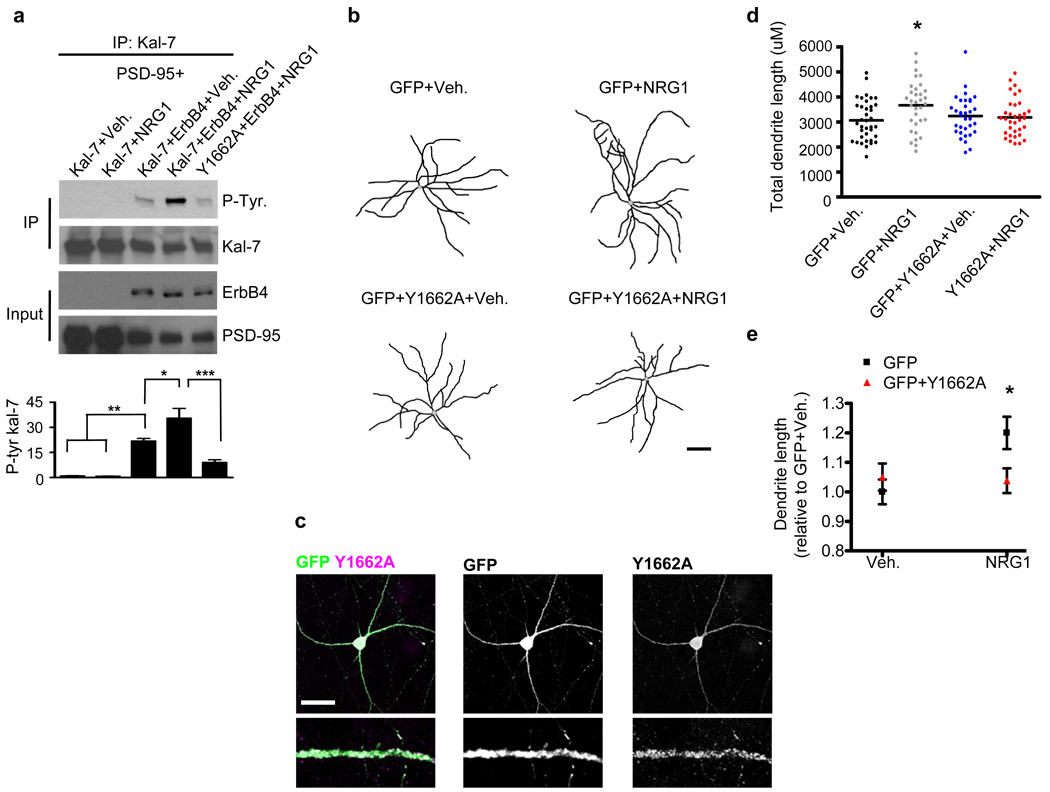Figure 4. The Y1662 kalirin-7 residue is important for NRG1-mediated interneuronal growth.
(a) hEK293 cells were transfected with PSD-95 in addition to WT kalirin-7 or Y1662A kalirin-7. ErbB4 was overexpressed in some conditions. Cells were treated with NRG1β or vehicle for 5-hours as indicated. Lysates were immunoprecipitated for kalirin-7 and subsequently probed for phospho-tyrosine. ErbB4 overexpression increased kalirin-7 tyrosine phosphorylation. Treatment of erbB4 overexpressing cells with NRG1β further increased kalirin-7 tyrosine phosphorylation, an effect not seen in cells overexpressing the Y1662A mutant. Graph displays change relative to the Kal-7+Veh. condition and significance determined using a one-way ANOVA with Tukey post-hoc. Data are the mean±SEM, n=3 independent experiments; *p<0.05, **p<0.01, ***p<0.001
(b) Representative traces of DIV28 cultured cortical multipolar interneuron dendritic trees. Axons were omitted for clarity. Neurons expressed either GFP alone or in combination with Y1662A kalirin-7 for 3-days. 1-day posttransfection, neurons were treated with either NRG1β (5nM) or with vehicle for 2 days. Scale bar=100um.
(c) Overexpressed Y1662A mutant kalirin-7 is strongly targeted to interneuronal dendrites. Scale bar=35um.
(d) Scatter plots. NRG1β treated interneurons overexpressing GFP show an increase in total dendritic length relative to vehicle treated cells. Inteneurons overexpressing Y1662A mutant kalirin-7 showed no significant changes in total dendritic length with either vehicle or NRG1β treatment. Each point represents the total dendritic length of a single cell. Significance determined using a one-way ANOVA with Tukey post-hoc. Black lines are the mean, n=33–37 cells per condition; *p<0.05
(e) Significant interaction of NRG1β treatment by Y1662A mutant expression with regard to total interneuronal dendritic length. Significance determined using a 2×2 ANOVA and the interaction term determined. Data are the mean±SEM; *p<0.05

